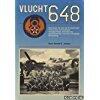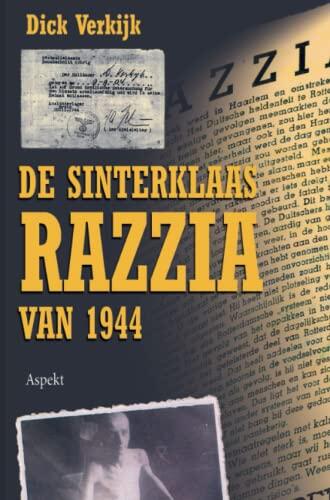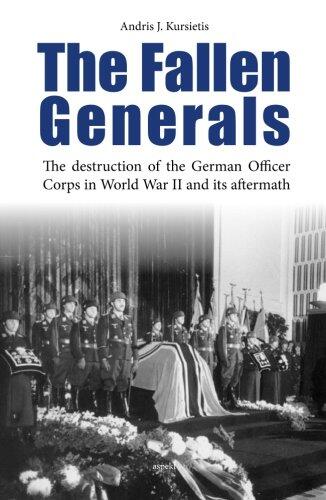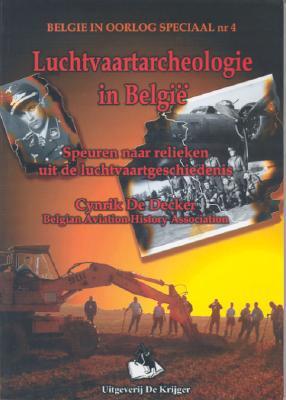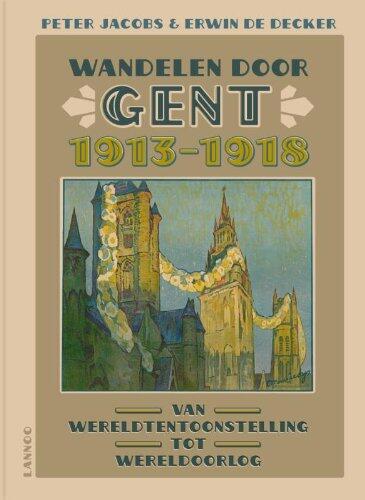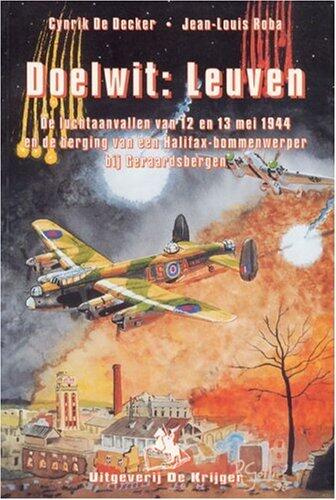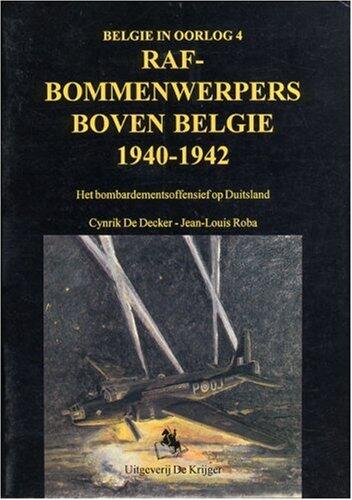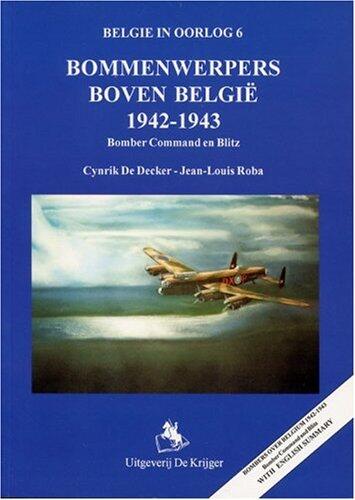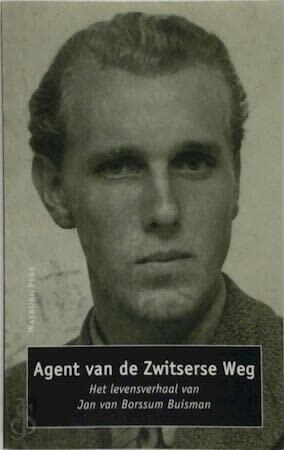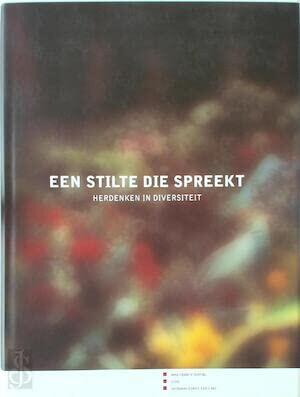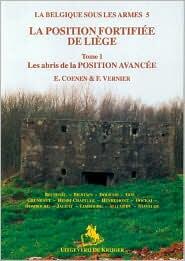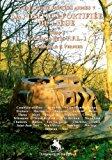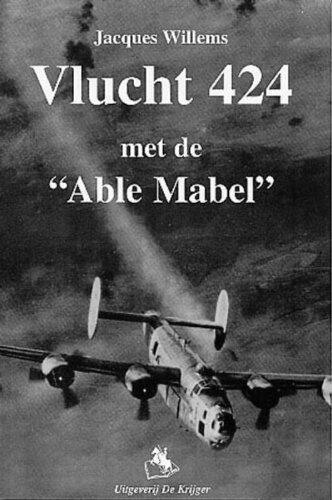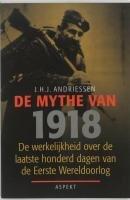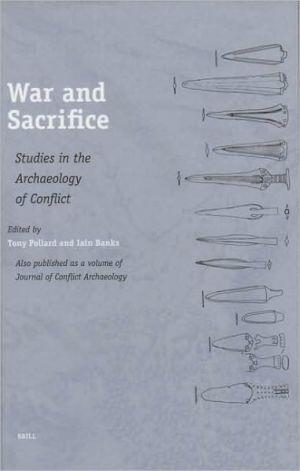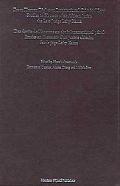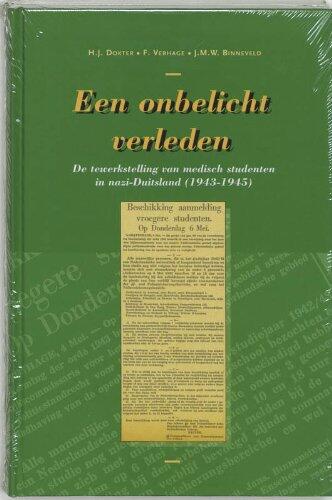
Een Onbelicht Verleden: De Tewerkstelling Van Medisch Studenten In Nazi-duitsland
によって
H. J. Dokter
まだ評価がありません
Action & Adventure
History
Health & Wellness
形式
ハードカバー
ページ数
179
言語
オランダ語、フラマン語
公開されました
Jan 1, 2001
出版社
Van Gorcum
ISBN-10
9023235908
ISBN-13
9789023235903
説明
In exploring a complex chapter of history, H. J. Dokter delves into the intricate dynamics of medical student employment during the harrowing years of Nazi Germany from 1943 to 1945. This period was marked not only by the shadow of war but also by the moral ambiguities faced by those in the medical profession. The author meticulously examines how young medical students navigated their duties amidst the oppressive and often unethical demands of the regime.
Dokter sheds light on the personal stories and collective experiences that shaped these students' lives. He raises crucial questions about complicity and resistance, illustrating how these individuals straddled the line between survival and moral conviction. The research is firmly grounded in well-documented sources, ensuring a scholarly but accessible approach.
The work serves as a poignant reminder of the ethical dilemmas that arise in times of conflict and the lasting impact of these experiences on professional identities. It invites readers to reflect on the relevance of these historical lessons in contemporary discussions about ethics and responsibility in medicine.
With extensive bibliographical references, the narrative not only enriches the understanding of this dark era but also prompts further inquiry into the human condition during crises. Through these accounts, Dokter ultimately offers a vital perspective on history that resonates well beyond its immediate context.
Dokter sheds light on the personal stories and collective experiences that shaped these students' lives. He raises crucial questions about complicity and resistance, illustrating how these individuals straddled the line between survival and moral conviction. The research is firmly grounded in well-documented sources, ensuring a scholarly but accessible approach.
The work serves as a poignant reminder of the ethical dilemmas that arise in times of conflict and the lasting impact of these experiences on professional identities. It invites readers to reflect on the relevance of these historical lessons in contemporary discussions about ethics and responsibility in medicine.
With extensive bibliographical references, the narrative not only enriches the understanding of this dark era but also prompts further inquiry into the human condition during crises. Through these accounts, Dokter ultimately offers a vital perspective on history that resonates well beyond its immediate context.
